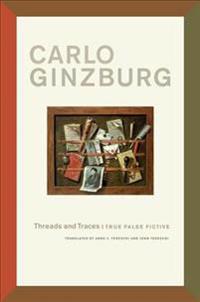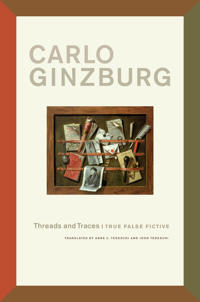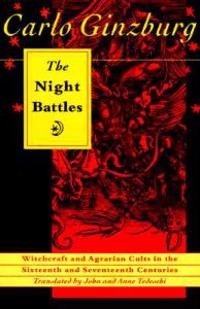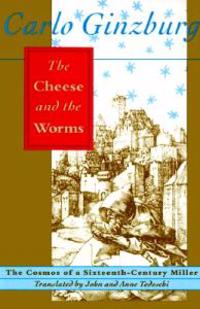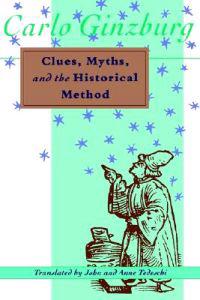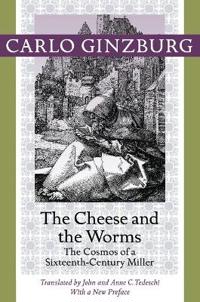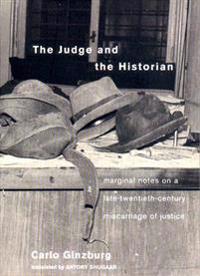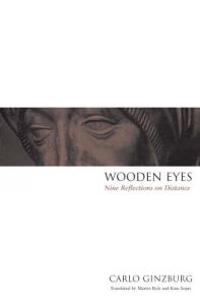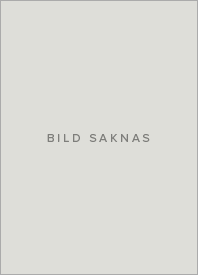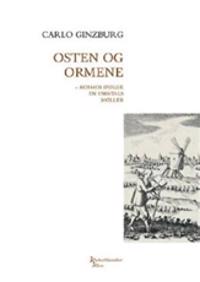Ecstasies: Deciphering the Witches' Sabbath (Häftad)
avGinzburg, Carlo Ginzburg
ISBN: 9780226296937 - UTGIVEN: 2004-06Weaving early accounts of witchcraft--trial records, ecclesiastical tracts, folklore, and popular iconography--into new and startling patterns, Carlo Ginzburg presents in" Ecstasies compelling evidence of a hidden shamanistic culture that flourished across Europe and in England for thousands of year[...]
No Island is an Island: Four Glances at English Literature in a World Perspective (Inbunden)
avCarlo Ginzburg
ISBN: 9780231116282 - UTGIVEN: 2000-10-24Threads and Traces (Inbunden)
avCarlo Ginzburg, Anne C. (TRN) Tedeschi, John (TRN) Tedeschi
ISBN: 9780520259614 - UTGIVEN: 2012-01Carlo Ginzburg's brilliant and timely new essay collection takes a bold stand against naive positivism and allegedly sophisticated neo-skepticism. It looks deeply into questions raised by decades of post-structuralism: What constitutes historical truth? How do we draw a boundary between truth and fi[...]
Threads and Traces (Pocket)
avCarlo Ginzburg, Anne C. Tedeschi, John Tedeschi
ISBN: 9780520274488 - UTGIVEN: 201209Carlo Ginzburg's brilliant and timely new essay collection takes a bold stand against naive positivism and allegedly sophisticated neo-skepticism. It looks deeply into questions raised by decades of post-structuralism: What constitutes historical truth? How do we draw a boundary between truth and fi[...]
The Cheese and the Worms (Häftad)
avCarlo Ginzburg
ISBN: 9780801843877 - UTGIVEN: 199203The Cheese and the Worms is a study of the popular culture in the sixteenth century as seen through the eyes of one man, a miller brought to trial during the Inquisition. Carlo Ginzburg uses the trial records of Domenico Scandella, a miller also known as Menocchio, to show how one person responded t[...]
Clues, Myths, and the Historical Method (Häftad)
avCarlo Ginzburg
ISBN: 9780801843884 - UTGIVEN: 199203"In the diversity of methods and objects of analysis it offers, "Clues, Myths, and the Historical Method" offers a fresh perspective on this Italian historian who has become such an essential point of reference in many domains of cultural study today." -- Dana Polan, "Camera Obscura."[...]
The Cheese and the Worms (Pocket)
avCarlo Ginzburg, John (TRN) Tedeschi, Anne C. (TRN) Tedeschi
ISBN: 9781421409887 - UTGIVEN: 2013-09The Cheese and the Worms is an incisive study of popular culture in the sixteenth century as seen through the eyes of one man, the miller known as Menocchio, who was accused of heresy during the Inquisition and sentenced to death. Carlo Ginzburg uses the trial records to illustrate the confusing pol[...]
The Judge and the Historian (Häftad)
avCarlo Ginzburg
ISBN: 9781859843710 - UTGIVEN: 200210A bomb, an anarchist's 'accidental death', the murder of a police commissar, and the confession of a former member of Lotta Continua led to seven dubious court cases and a tale of political opportunism and dishonesty. Standing in the tradition of Emile Zola's famous J'accuse polemic against the Drey[...]
Wooden Eyes (Inbunden)
avCarlo Ginzburg
ISBN: 9781859846377 - UTGIVEN: 200206"I am a Jew who was born and who grew up in a Catholic country; I never had a religious education; my Jewish identity is in large measure the result of persecution." This brief autobiographical statement is a key to understanding Carlo Ginzberg's interest in the topic of his latest book: distance. I[...]
Spor (Häftad)
avCarlo Ginzburg
ISBN: 9788772895789 - UTGIVEN: 1999-01Den italienske historiker Carlo Ginzburg hører til blandt vor tids mest originale tænkere. Han blev født i 1939, som søn af forfatteren Natalia Ginzburg og professor Leone Ginzburg. Han voksede op i Torino, Rom og London, og er uddannet på den prestigefyldte Scuola Normale Superiore i Pisa. Som[...]
Osten og ormene (Häftad)
avCarlo Ginzburg
ISBN: 9788779552746 - UTGIVEN: 2006Carlo Ginzburg fortæller her historien om mølleren Menocchio fra den italienske bjerglandsby Montereale - en mand af folket, hvis skæbne det var at blive anklaget for kætteri. Han beskriver Menocchios livsforløb og indkredser de strømninger i 1500-tallet, der påvirkede ham, og s[...]
Osten och maskarna : en 1500-talsmjölnares tankar om skapelsen (Häftad)
avCarlo Ginzburg
ISBN: 9789173245265 - UTGIVEN: 199608



